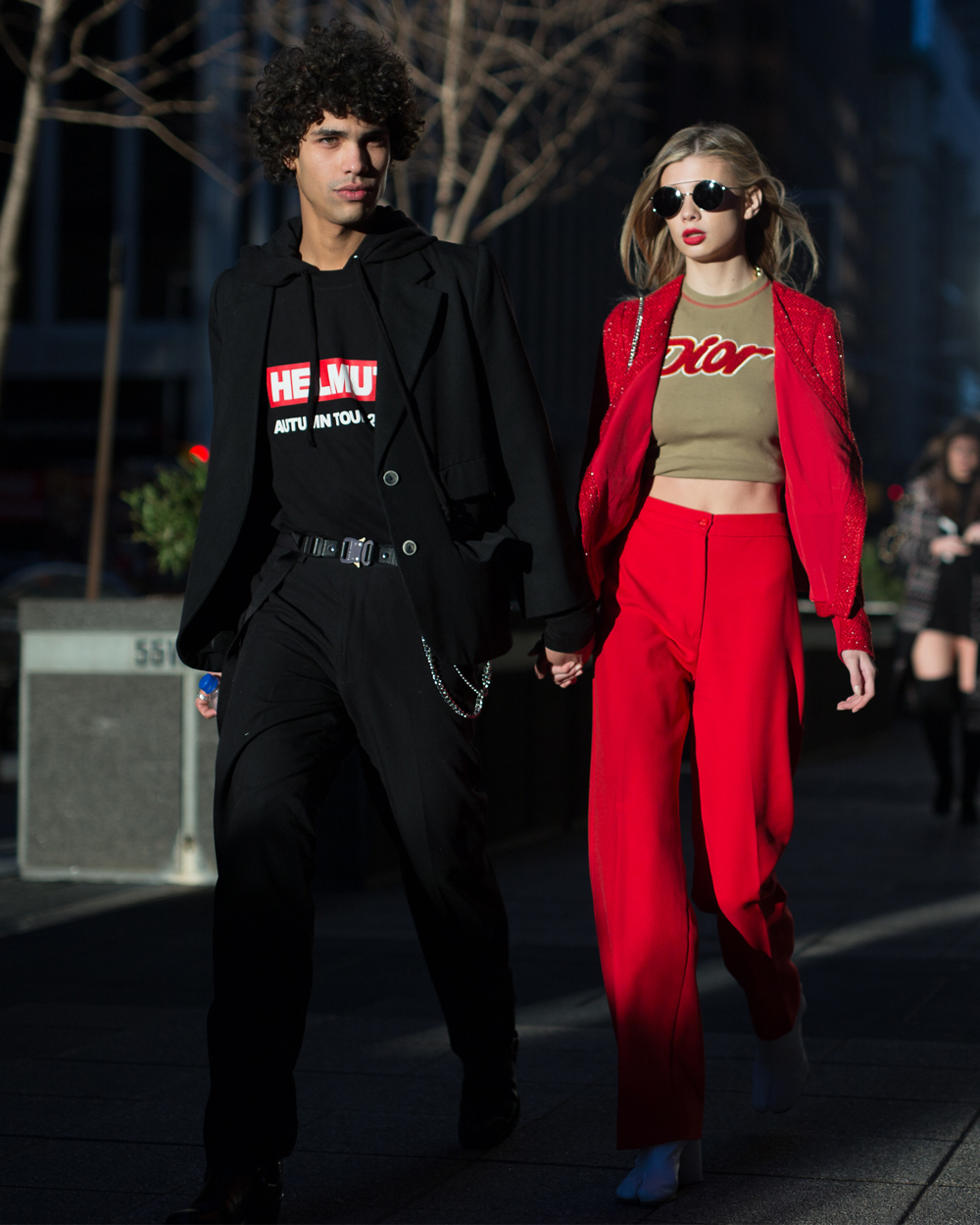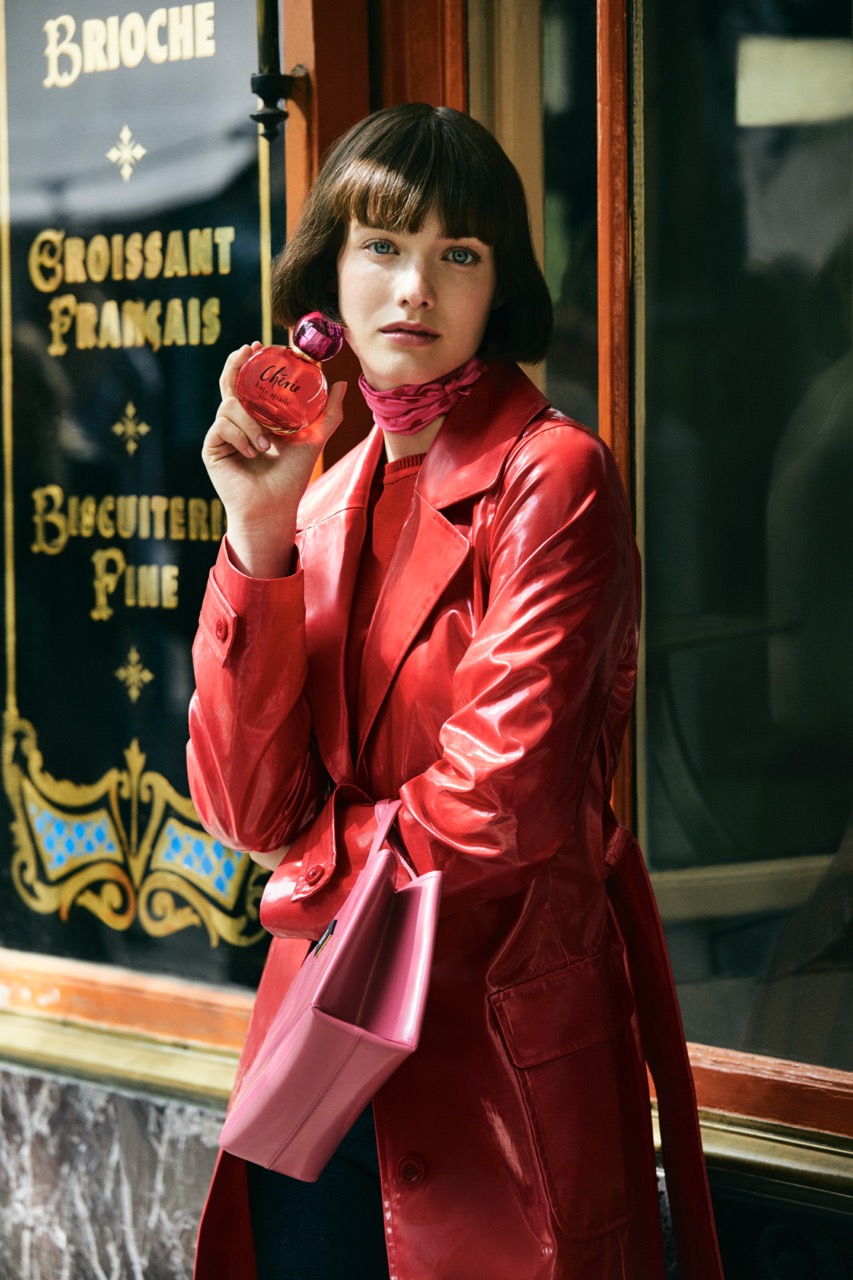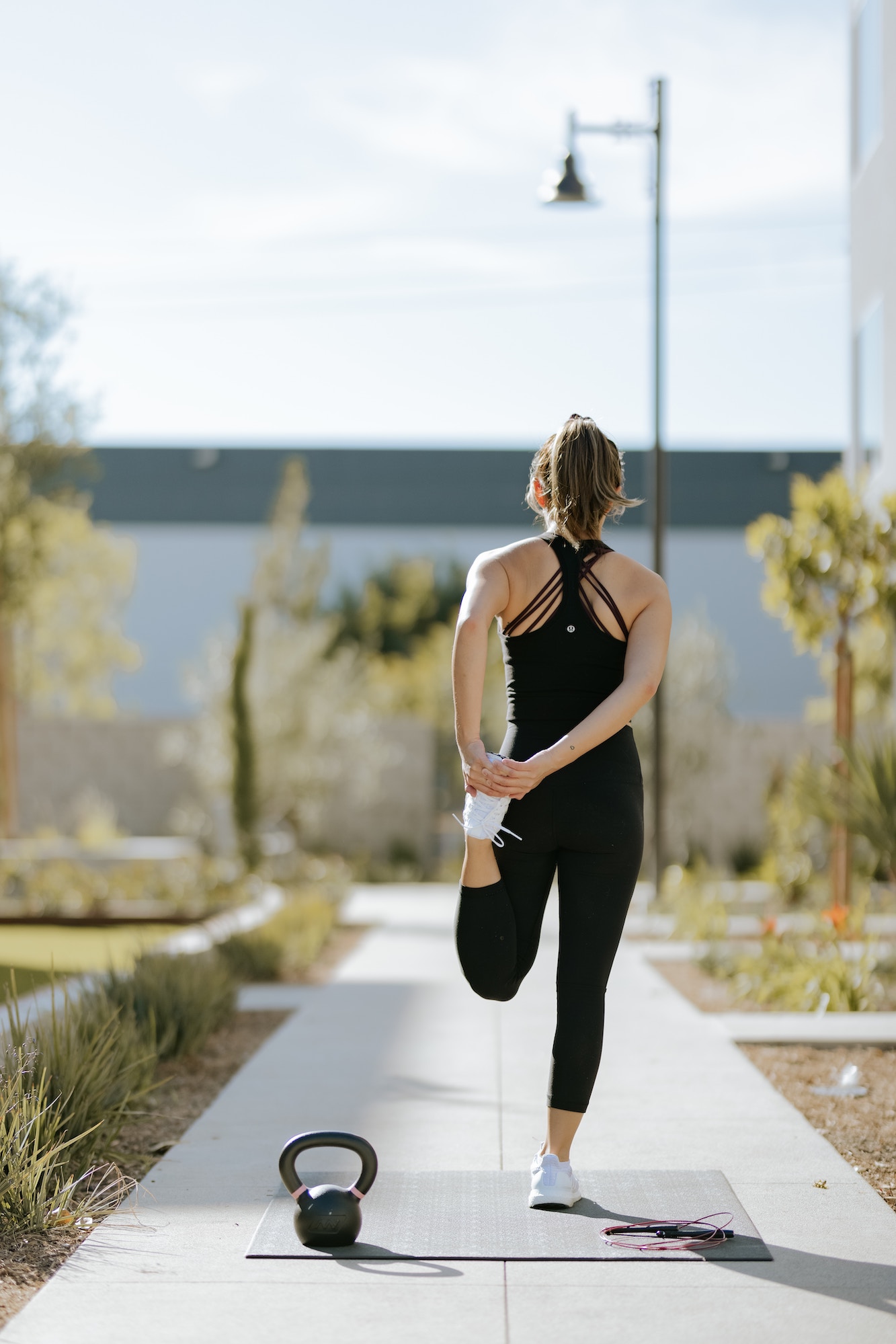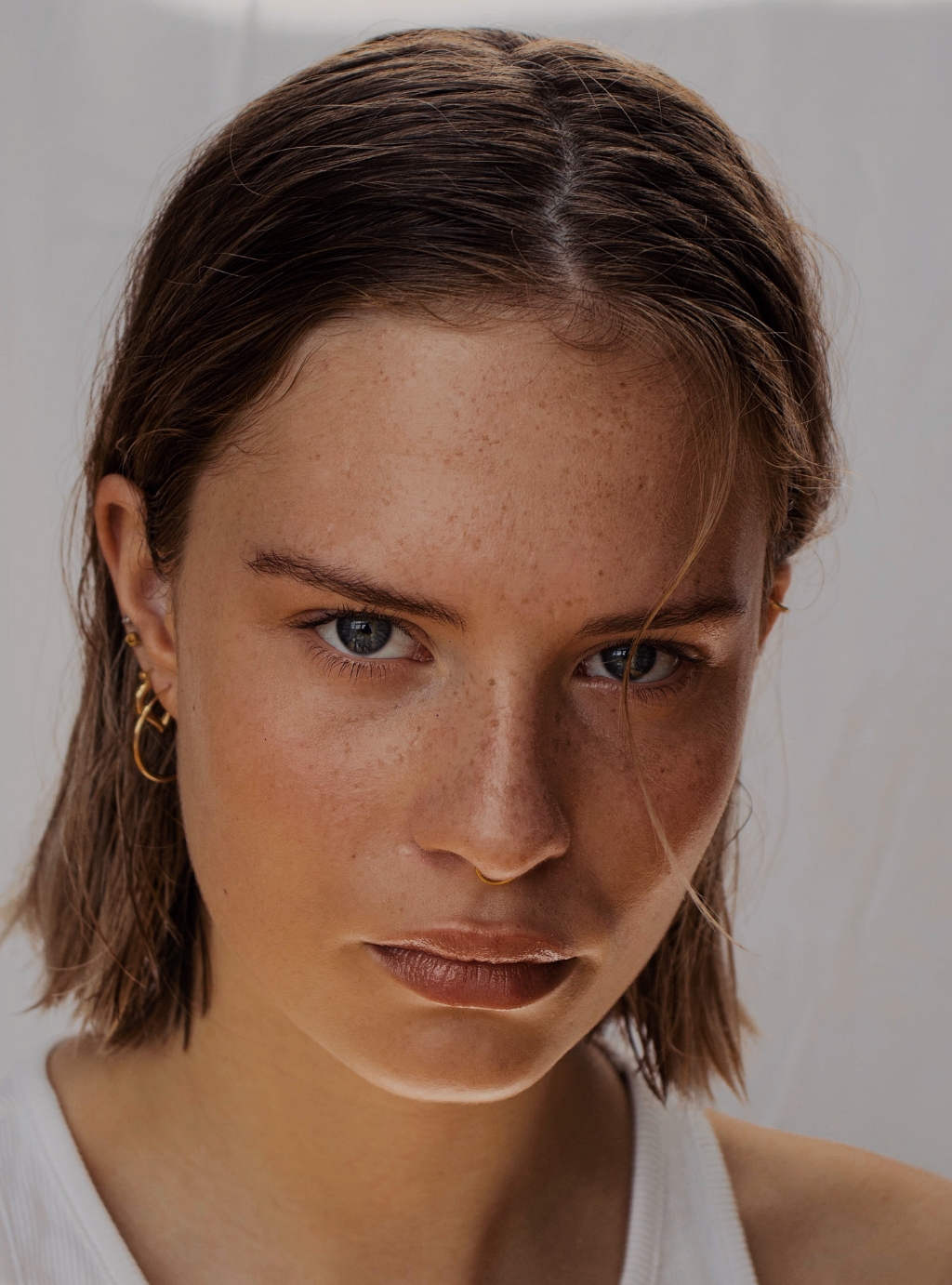It’s not you, it’s science. And it kinda makes sense…
The dating world is frustrating at the best of times. Between navigating apps like Tinder and Bumble, swerving creeps on shit first dates and maintaining some sort of discipline around the fit new guy in Accounts, no one really knows what they’re doing.
Half the battle of going through the motions, though, is finding someone you’re legitimately attracted to. And when you do eventually decide on an unsuspecting human who takes your fancy, quite often they’ll either be already taken or the object of every other woman’s affections. Neither scenario is particularly helpful when you’re crushing hard, but apparently there’s some annoying logic behind it.
According to a new study published in the Scientific Reports journal, women find men more attractive when they discover that someone else wants them too. Figures.
It’s to do with a concept known as mate-choice copying, which researchers from the University of St Andrews, University of Durham and Exeter University explored in an experiment. Women were shown images of men’s faces, hands and some abstract art. They were then asked how attractive they found each of the images and their responses were recorded before then being shown how everyone else had rated each picture.
Then the participants re-rated each of the images and on average, “a participant changed from their initial rating around 13% of the way towards the social rating, when rating the attractiveness of faces”, the report said.
So basically, the women’s perceptions of attractiveness shifted towards what the popular opinion was. It kind of makes sense if you think about it. There are far too many times that I’ve only fancied someone because they were deemed ‘attractive’ by the people around me – it’s the sort of thing that probably dominated the fickle high school crush trends of most of our younger years. And it’s no secret that we’re all influenced by other peoples’ opinions.
“The women’s perceptions of attractiveness shifted towards what the popular opinion was.”
“Our study, like many others in the human and animal literature, focuses on the choices of females,” the report went on to add. “The reason for this focus is that previous work suggests that mate-choice copying is more likely to be adaptive for women than for men, because long-term ‘mate value’ is more difficult to assess in men.”
By ‘long-term mate value’ they mean how good a candidate the guy is for a husband/provider/all those other things that evolution told women to want from a male suitor. And if it’s been suggested by our peers (or the woman who he’s currently partnered with) that yeah, this guy’s alright, then that’ll signal wedding bells in our heads and up the guy’s rating on the attractive scale.
Nothing like a bit of psychological reinforcement to tell you whether or not you actually fancy someone. Obvs it’s nowhere near the be all or end all (trust us, we’ve all been with those ‘pre-approved’ guys before. More often than not, it doesn’t work), at least there’s some sort of reasoning as for why you and your mates have a bit of a thing for the same taken/in-a-relationship/widely-fancied, person.






